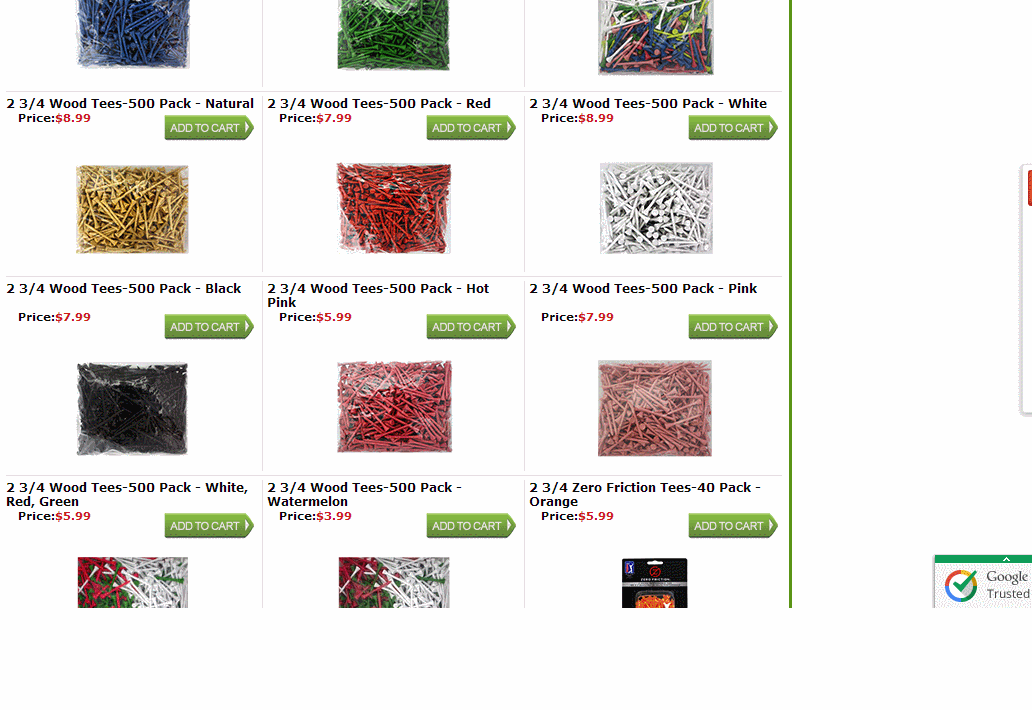How Social Can Increase Conversion Rates at Checkout

At its inception, social commerce was regarded simply as the concept of a social channel’s ability to drive revenue for your store. It was a difficulty to track how, for example, effective Twitter was vs. Facebook, how to promote products on what is inherently not a sales channel, and how to integrate social channels within your store (vs. just as a marketing channel).
Social commerce now (what we call the “2.0 version”) is a much more integrated strategy for retailers looking to drive conversions. Instead of judging a social platform as a channel, the focus is now on the individual customer and how social can play a role in pushing that shopper further down the funnel.
One such way to do this is to implement cart-sharing functionality on the cart or checkout page. AddShoppers, an ecommerce-focused social tool suite, gives retailers the ability to add this feature to their cart page, like with this example:

Likewise, similar social integrations can help boost your lead acquisition efforts, increase speed of checkout for shoppers, and make your retargeting campaigns more efficient.
